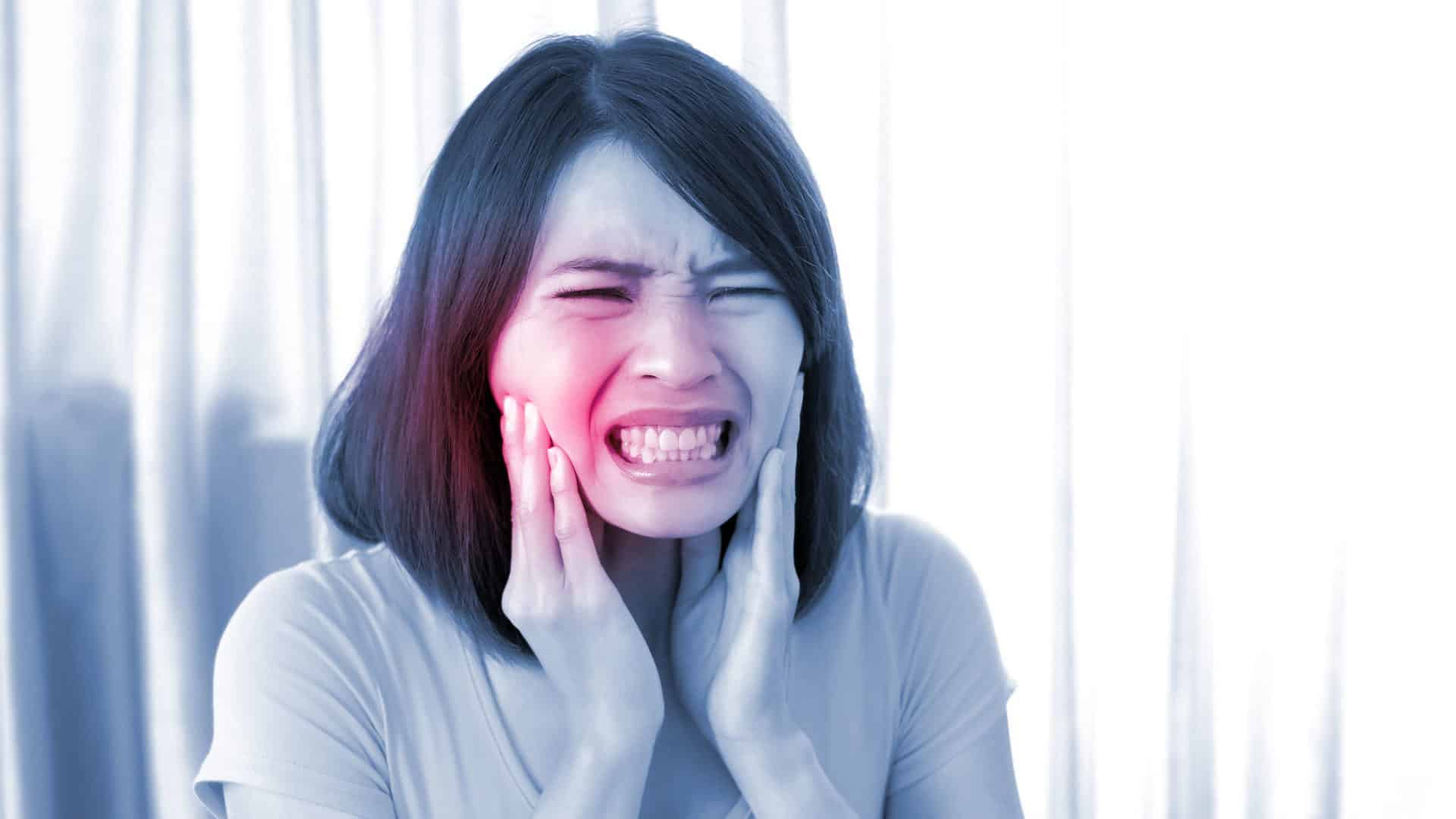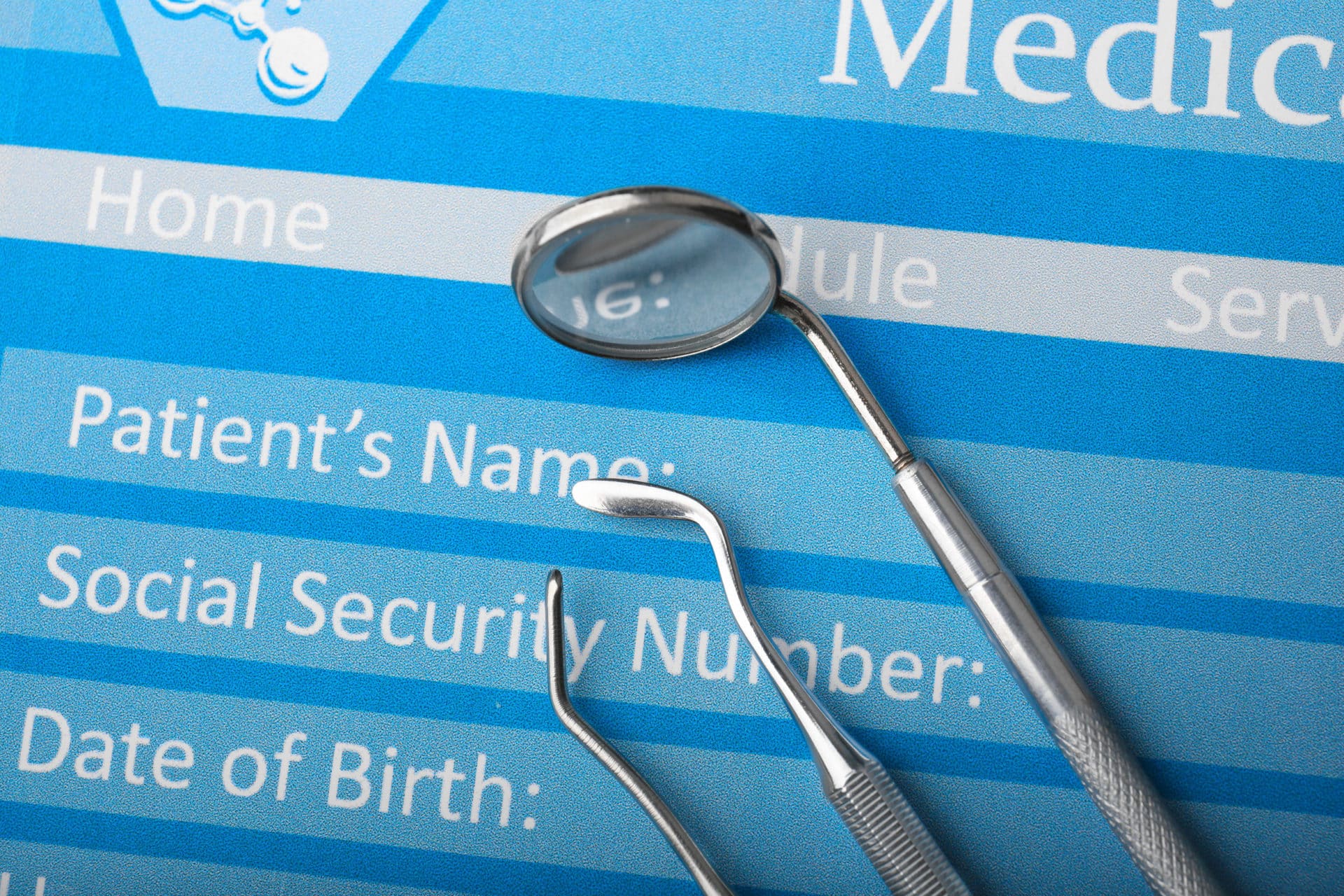
Sure, if you’re like most New Yorkers, visiting the dentist doesn’t rank among your favorite ways to spend your time.
That said, a visit to the dentist’s office can turn from an unwanted chore into a nightmare if you are injured during your dental treatment. This can be particularly traumatizing if you are harmed because of your dentist’s negligence.
As with all medical professionals, dentists must abide by certain standards of care. If your dentist neglects to follow accepted procedures and protocols, you may be able to hold them accountable for any injuries you suffered as a result.
You may be able to hold a dentist responsible for negligence by filing a dental malpractice claim.
Dental Malpractice: An Overview
In New York, dental malpractice refers to negligent, improper, or illegal treatment or professional activity by a dental professional.
This includes failure to diagnose or treat a dangerous condition, delayed diagnosis or treatment of oral disease, or any intentional wrongdoing by the dentist. Some of the most common examples of dental malpractice include:
- Performing the wrong treatment on a patient
- Negligent root canal therapy
- Incorrect administration of anesthesia
- Fractured or broken jaw because of a dental procedure
- Improper use of dental tools and equipment
- Nerve injuries caused by dental injections
- Permanent or temporary numbness, loss of taste, or feeling
- Temporomandibular Joint (TMJ) disorders
- Leaving a bandage or other object in a patient’s mouth
- Unnecessary extraction of teeth and/or the incorrect teeth
- Wrongful death caused by a dental procedure
In addition to the dentist, additional professionals in your dentist’s office such as dental assistants and other staff members may be held responsible for dental malpractice, too. Let’s take a look at what it takes to prove this kind of case.
Dental Malpractice: 3 Things You Must Prove
In order to prove a dentist malpractice claim, you must prove the following:
- A dentist-patient relationship existed with you and the dentist.
- The dentist administered treatment that fell below accepted standards of dental care.
- Because of the substandard care administered by the dentist, you experienced injury or harm.
Typically, in order to prove these three elements, your case must be reviewed by a qualified dental expert. The dental expert will review your dental records, as well as any relevant X-rays or test results.
Once a dental professional confirms that dental malpractice has occurred, you may file a dental malpractice claim. Keep in mind, the state of New York enforces a statute of limitations for all malpractice cases — including dental, medical, and podiatric — to 2.5 years.
That means you must file your dental malpractice claim within two years and six months from the time you know or reasonably should have known that you received an injury that was caused by dental negligence.
Factors that Can Influence Your Settlement

Once you’ve established that dental malpractice has occurred, there are certain factors you must prove to file a successful claim. Common factors used to calculate a dental malpractice settlement include:
- The severity of the injury
- Whether or not that injury can be remedied
- Whether the patient suffered pain
- Whether the injury will impact the patient’s abilities
- The dentist’s background
- Whether the injury was impacted by a preexisting condition
To ensure you receive a fair settlement, it’s important to enlist the aid of a reliable dental malpractice attorney as early as possible.









